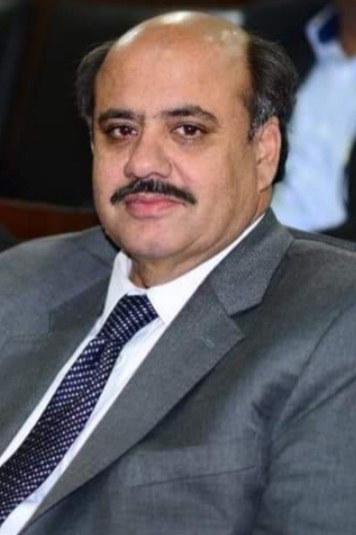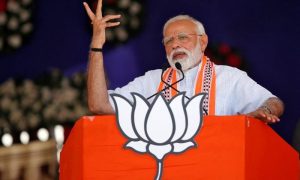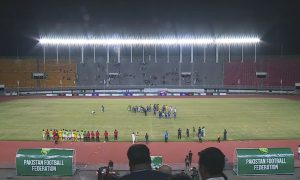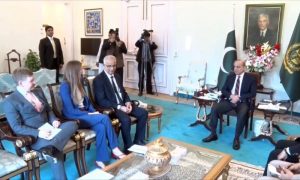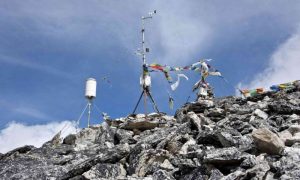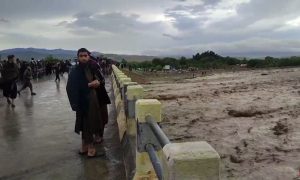Pakistan-Iran relations have gone from cordial to normal since the mid-1970s. The recent airstrikes are the lowest ebb in their bilateral relationship despite having shared history, geography, faith, and culture. Nevertheless, Pakistan’s swift and proportionate strikes testify that it shall not permit its neighbor’s military adventurism against it. Simultaneously, exposed the vulnerability of its south-western border.
The shift in Islamabad and Tehran has happened during the last five decades due to several reasons, such as Iranians’ perception that their Revolution was Islamic as opposed to simply being Iranian; sectarian clashes in Pakistan; Indo-Iran geopolitical convergence; Pakistan’s strategic alliance with the United States; political competition in Afghanistan. Although these factors often strain bilateral relations, neither country faces a real security threat from the other, nor did they suspend diplomatic relations.
The recent air strikes have spoiled the situation, which was gradually improving due to the increasing role of China in West Asia and decreasing influence of the United States in Pakistan, and India’s active role in I2U2 (India, Israel, United Arab Emirates and United States) minilateral strategic group.
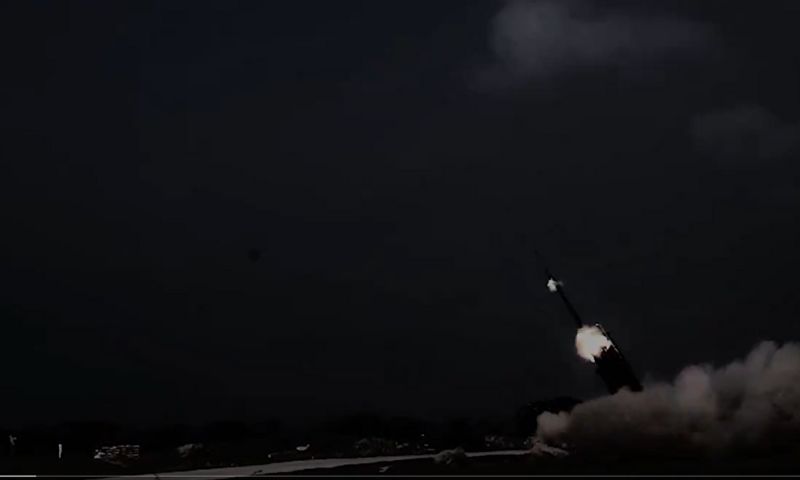
On January16, 2024, Iran launched attacks in Pakistan on Tuesday, targeting what it described as bases for the militant group Jaish al-Adl in the border town of Panjgur in Balochistan. The attack in Balochistan came a day after Iran’s elite Revolutionary Guards attacked targets in Iraq and Syria with missiles.
The Iranian strikes prompted strong condemnation from Islamabad and the downgrading of diplomatic ties. Ministry of Foreign Affairs claimed a strike inside Pakistani territory killed two children and injured three girls. It added, “This violation of Pakistan’s sovereignty is completely unacceptable and can have serious consequences.” It recalled its ambassador from Tehran and expelled the Iranian envoy in Islamabad. Besides, the high-level bilateral visits, both ongoing and planned, were canceled.
It is an open secret that Baloch terrorist groups reside in Iran. Pakistani-origin terrorists living in Iran call themselves ‘Sarmachars’. Pakistan Foreign Office stated, “Over the last several years, in our engagements with Iran, Pakistan has consistently shared its serious concerns about the safe havens and sanctuaries enjoyed by Pakistani origin terrorists calling themselves Sarmachars on the ungoverned spaces inside Iran. Pakistan also shared multiple dossiers with concrete evidence of the presence and activities of these terrorists.”
India also uses Iran’s territory for financing and sponsoring terrorism in Pakistan. The arrest of RAW’s chief operator, a serving Commander in the Indian Navy, Kulbhushan Yadav, during a counter-intelligence operation by Pakistani law enforcement agencies on March 3, 2016, confirms India’s involvement. Yadav revealed that he was managing terrorist activities in Baluchistan. Jadav confessed that “India is providing support to militants and Baloch separatists to take subversive and terrorist attacks in Pakistan. It is also trying to disrupt and sabotage through terrorist activities and provocation of Baloch militants against the CPEC.”
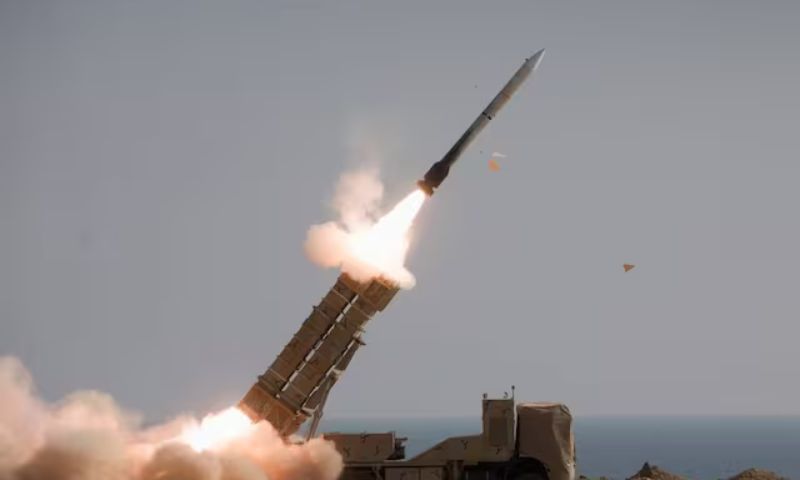
On January 18, 2024, Pakistan retaliated with fire and fury by launching airstrikes at seven locations inside Iran. Pakistani forces conducted “Operation Marg Bar Sarmachar,” which means death to Sarmachars. A series of highly coordinated and specifically targeted precision military strikes against terrorist hideouts in the Siestan-o-Baluchistan province of Iran. According to a statement issued by the military’s media affairs wing, “hideouts used by terrorist organisations namely Balochistan Liberation Army (BLA) and Balochistan Liberation Front (BLF)” were struck in an intelligence-based operation codenamed ‘Marg Bar Sarmachar’.” It added, “The precision strikes were carried out using killer drones, rockets, loitering munitions, and stand-off weapons. Maximum care was taken to avoid collateral damage.” Several terrorists were killed. Iran claims nine non-Iranian nationals were killed.
It was reported that the hideouts were being used by notorious terrorists, including Dosta alias Chairman, Bajjar alias Soghat, Sahil alias Shafaq, Asghar alias Basham, and Wazir alias Wazi, amongst others.
Pakistan has encountered internal and external security challenges, but it is not Iraq, Syria, UAE, Lebanon. Therefore, the Irani ruling elite had to foresee the consequences seriously before striking Pakistan.
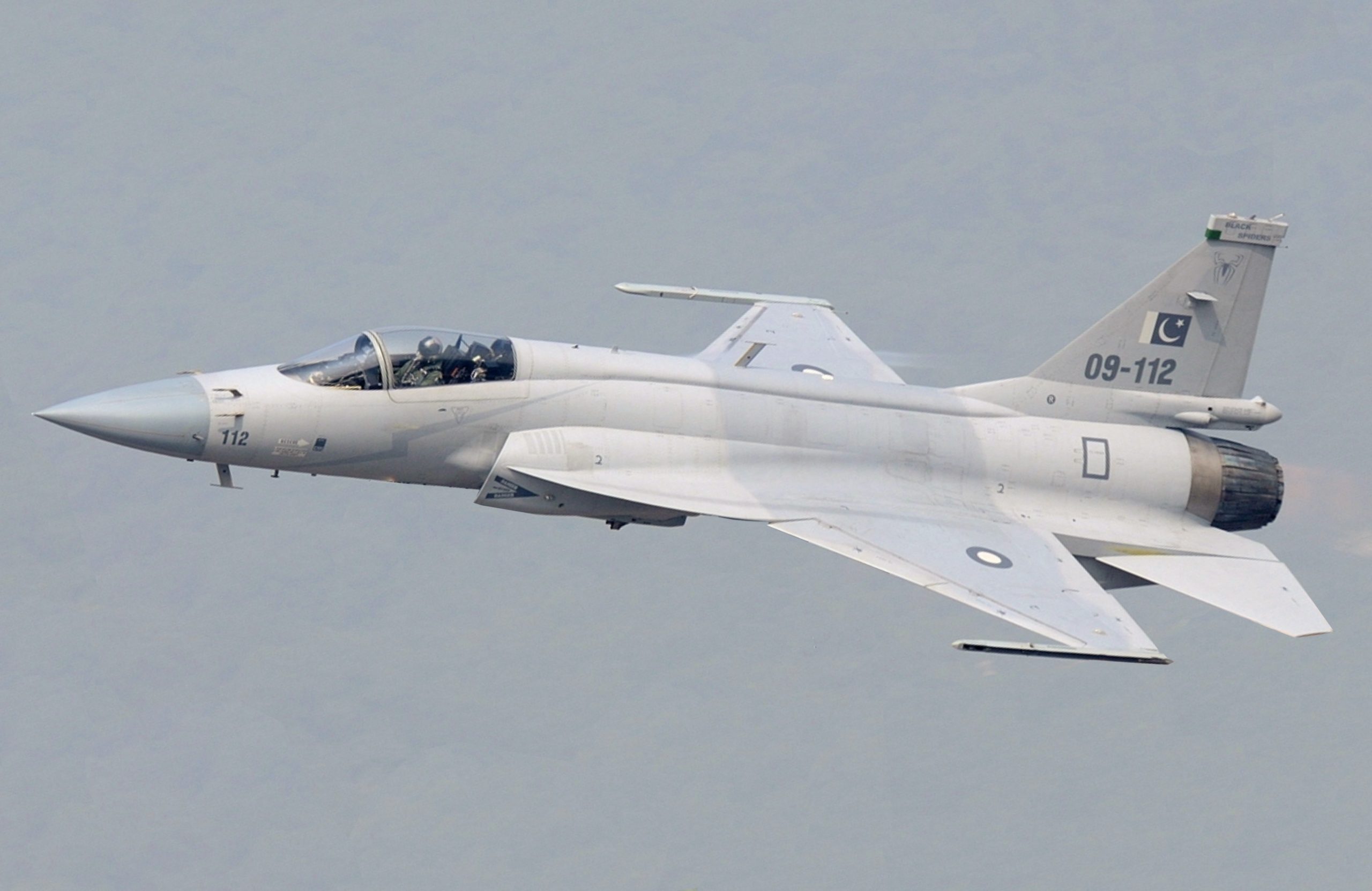
China expressed willingness to mediate between Pakistan and Iran after strikes to improve the situation. China’s foreign ministry spokeswoman, Mao Ning, told a regular press conference, “The Chinese side sincerely hopes that the two sides can exercise calm and restraint and avoid an escalation of tension. We are also willing to play a constructive role in de-escalating the situation if both sides wish.
The exact prediction about future trends in Pakistan-Iran relations is difficult because both competing and cooperating variables have made bilateral relations complex. The ruling elites in Tehran and Islamabad offer an optimistic future course of cooperation. Meanwhile, the realist theory of international relations, coupled with the emerging trends in the regional geo-strategic environment, entails pessimistic conclusions. The terrorist groups, such as Balochistan Liberation Army (BLA) and Balochistan Liberation Front (BLF), have safe hideouts in Siestan-o-Baluchistan province of Iran, obstruct positive initiatives to improve the bilateral relations.
To conclude, the escalation of the conflict is in neither Iran’s nor Pakistan’s interest. It only serves the nefarious interests of terrorist groups. Thus, Islamabad and Tehran need to act rationally and de-escalate the conflict by using the existing multiple communication channels between the two countries.









